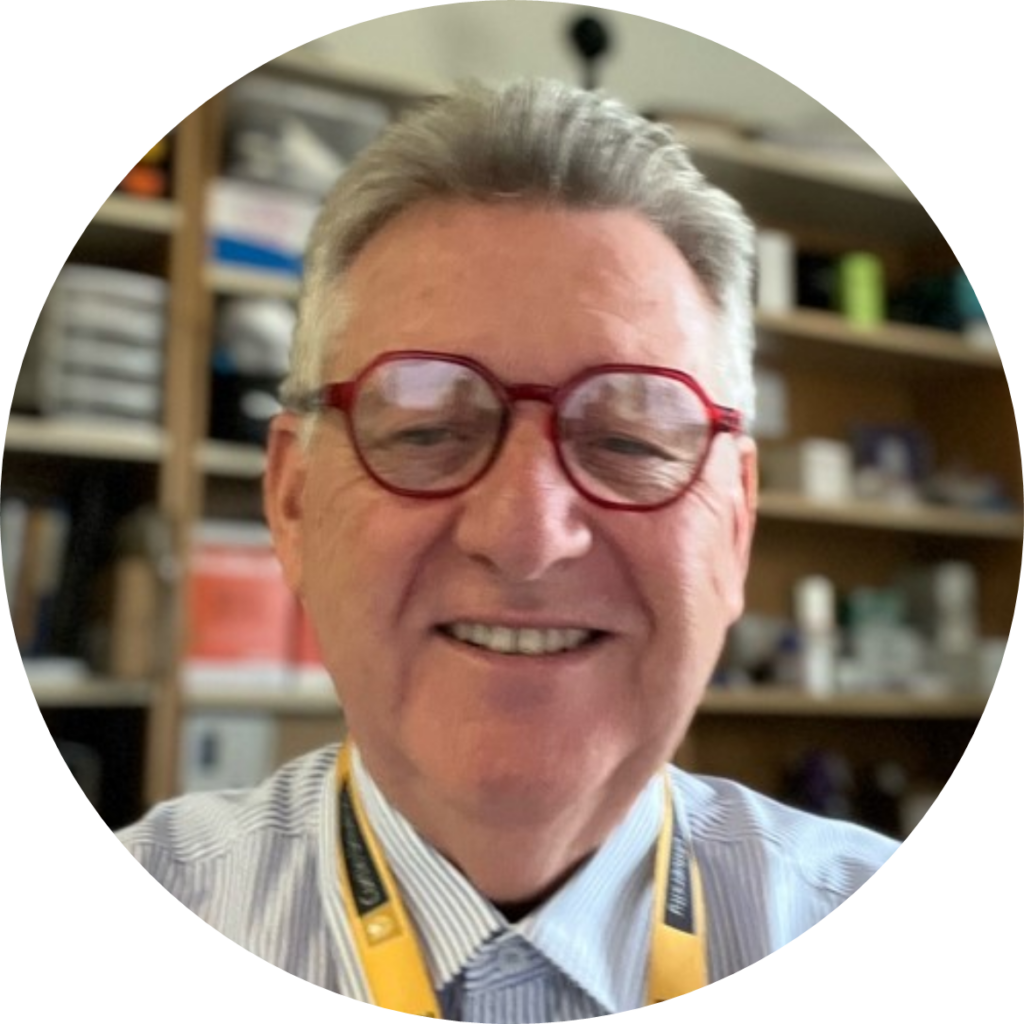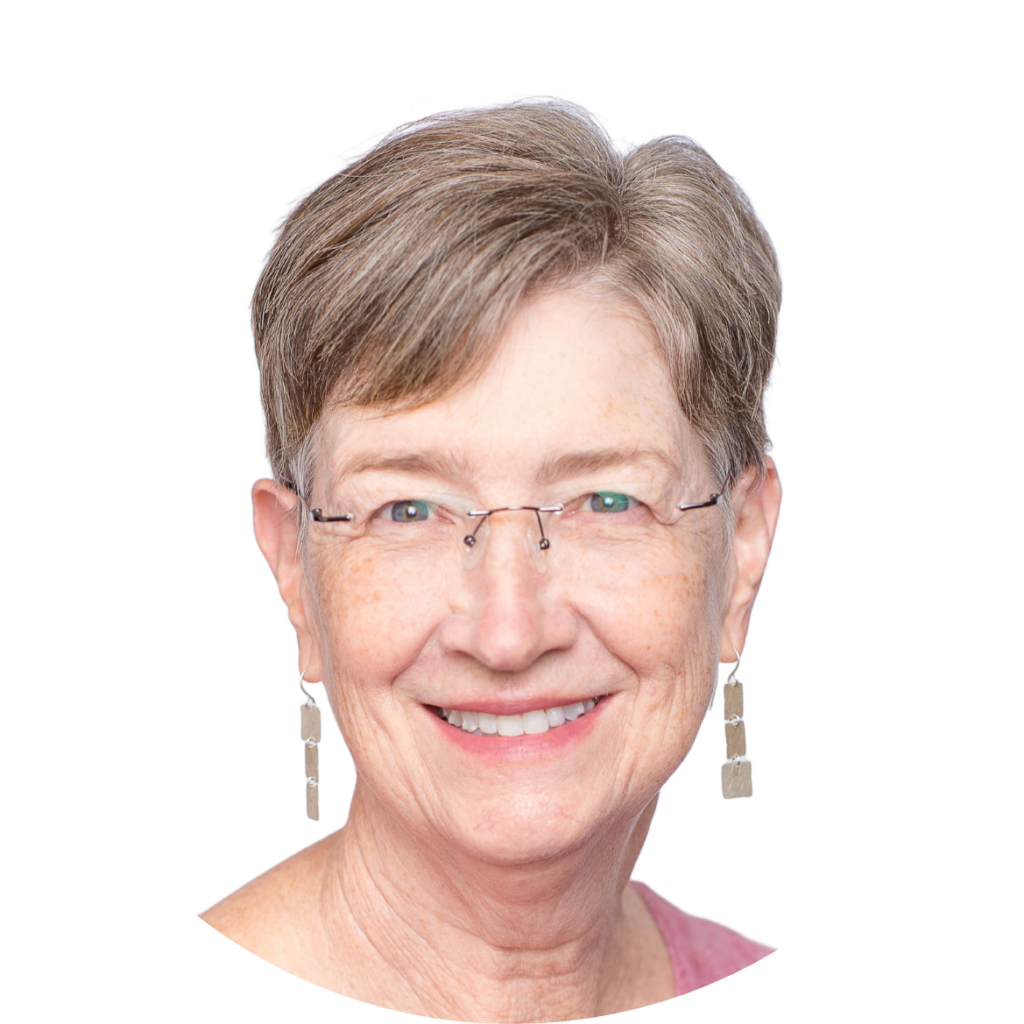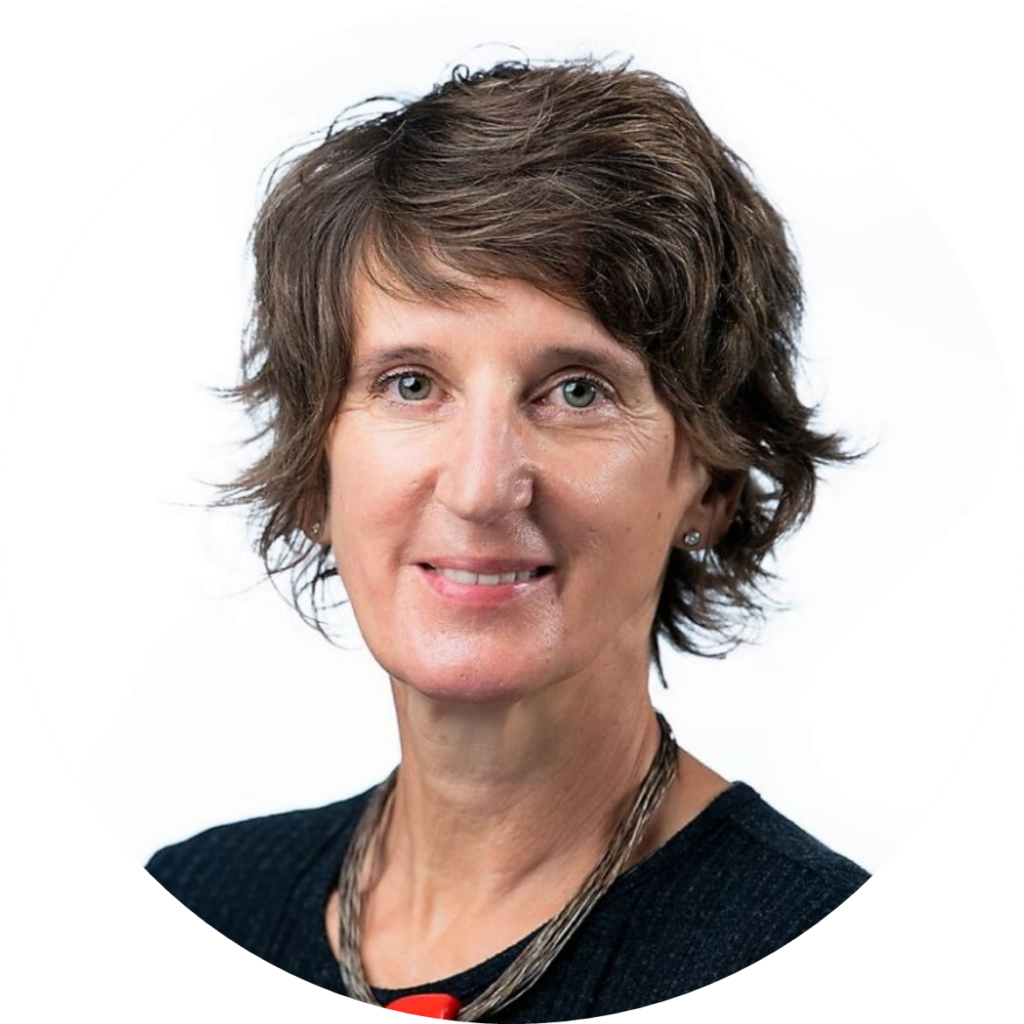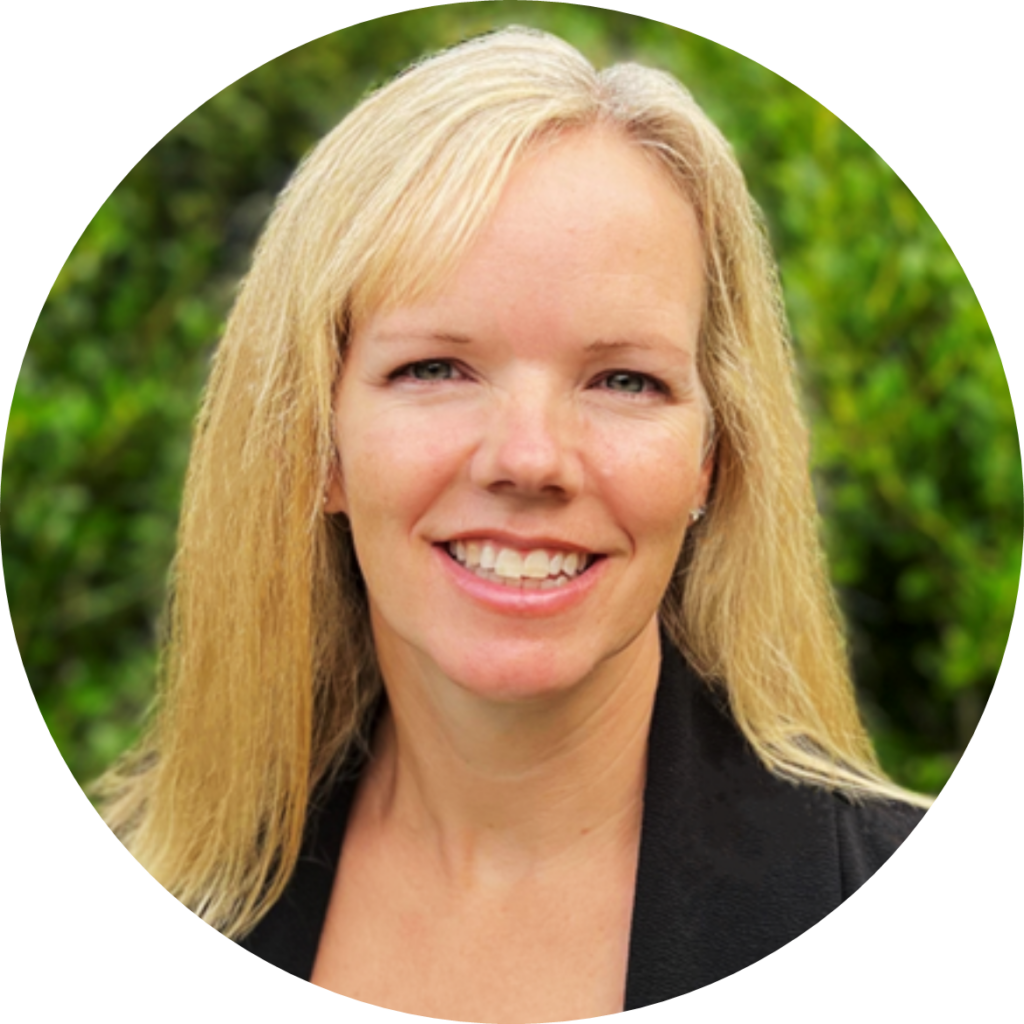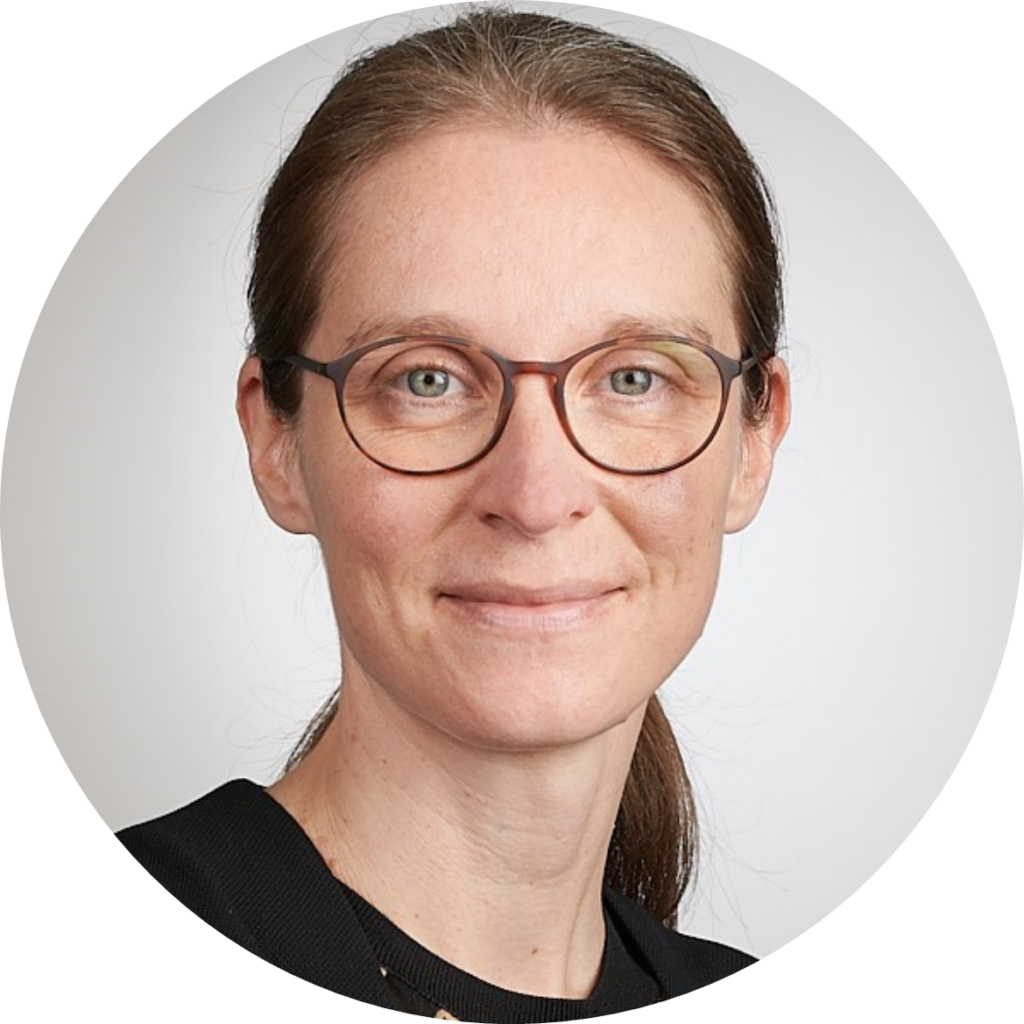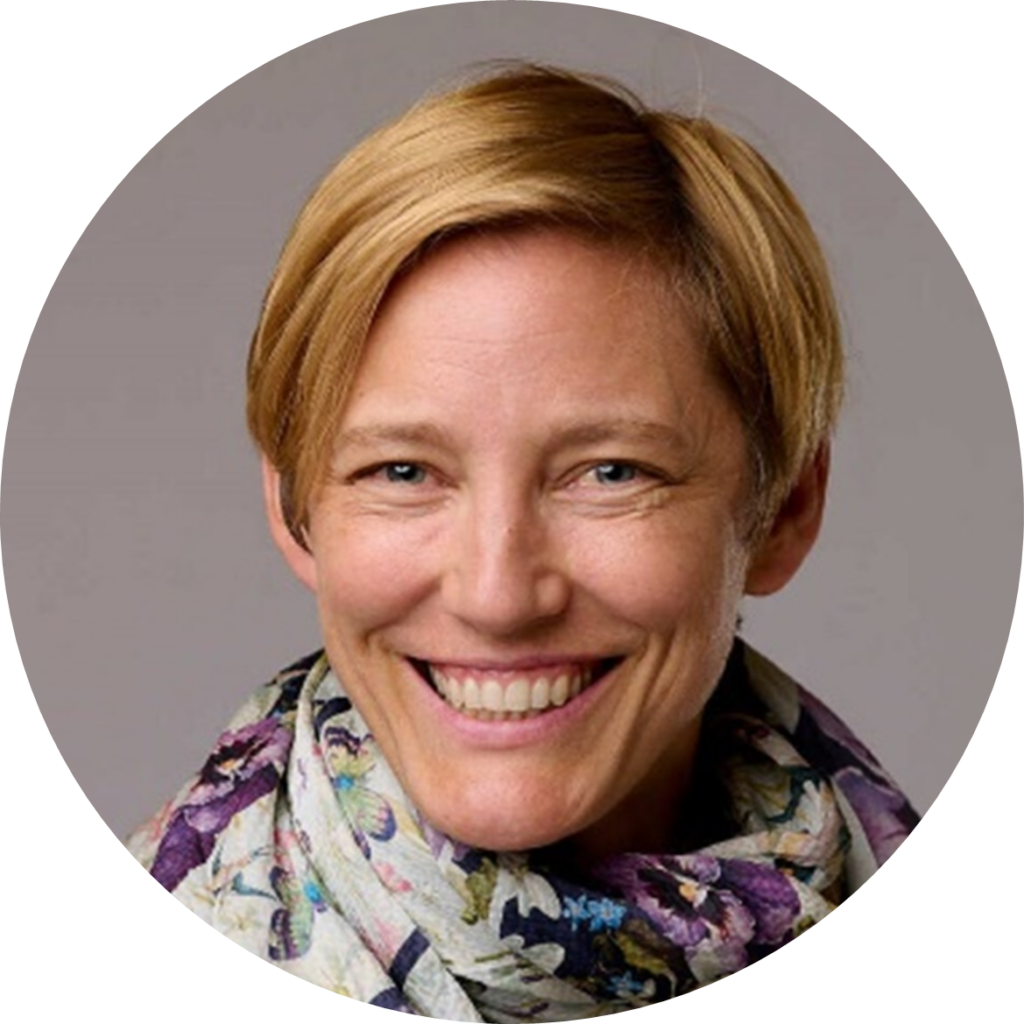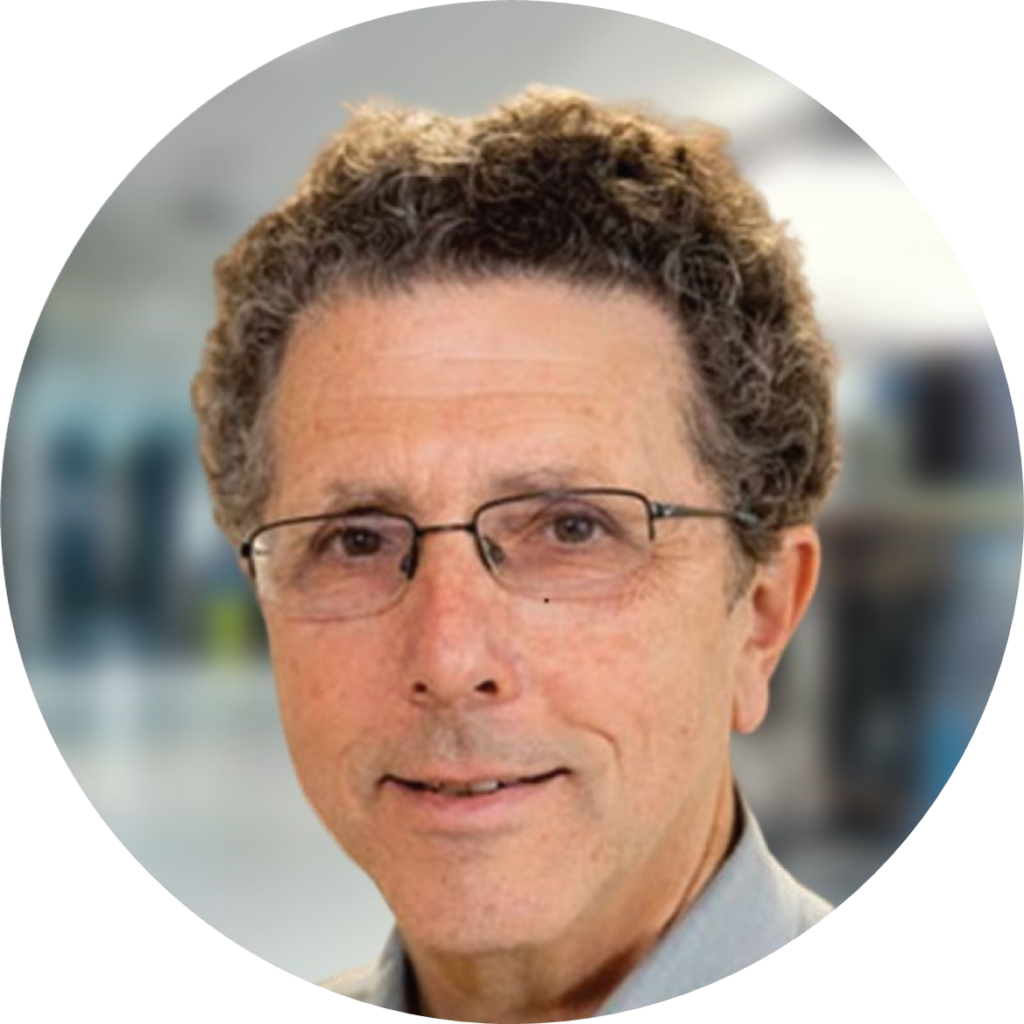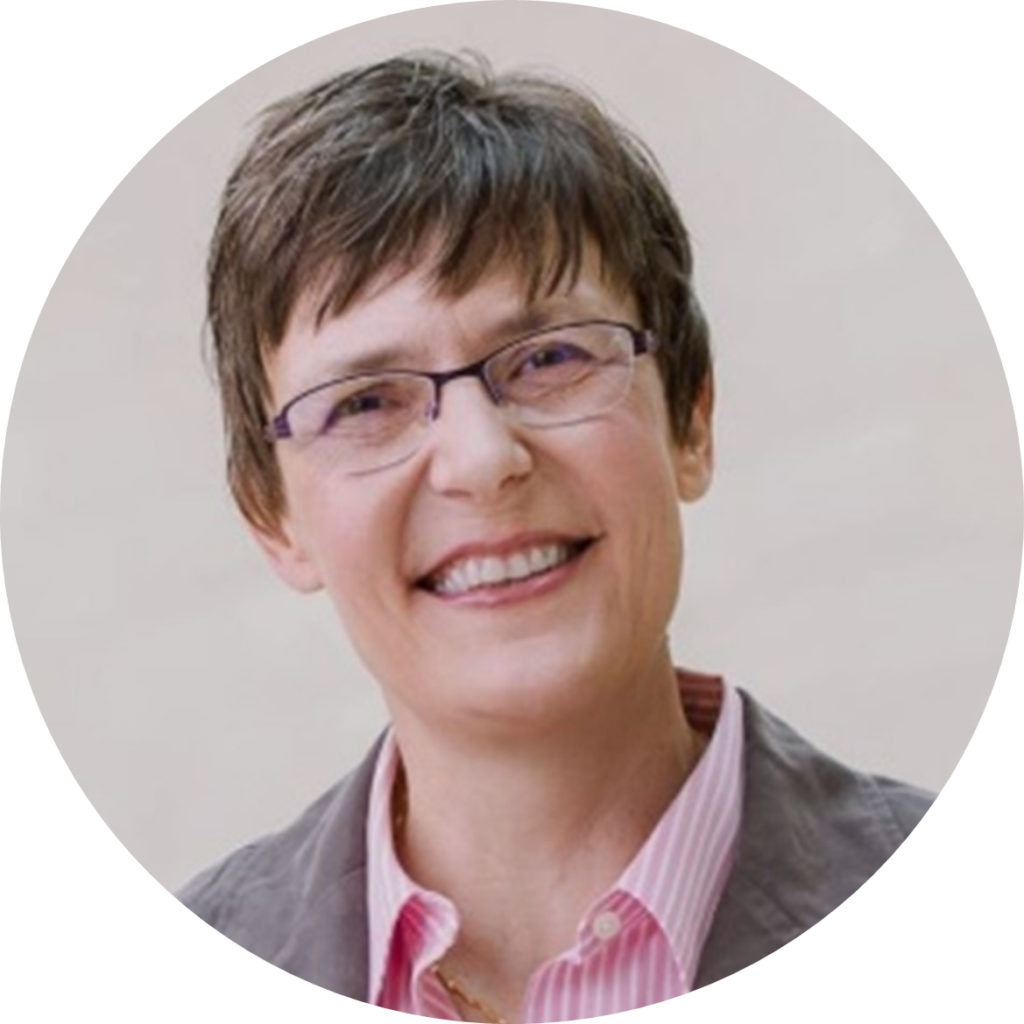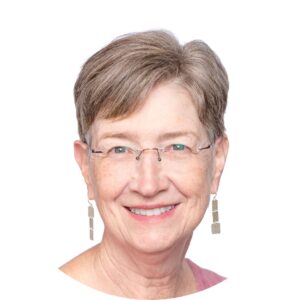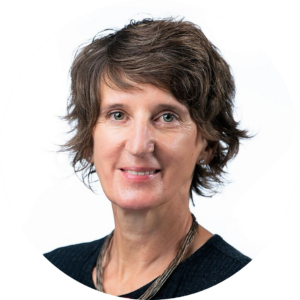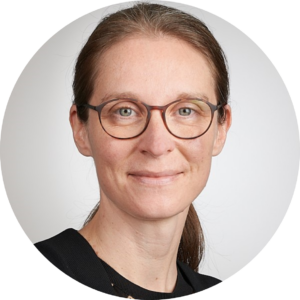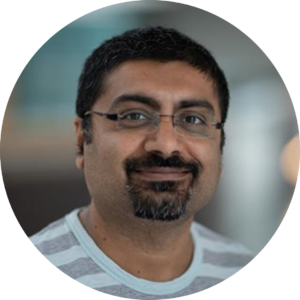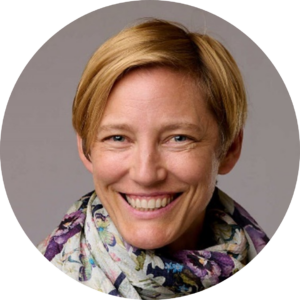SHORT COURSES
SHORT COURSES
An exciting range of Short Courses will be run immediately prior to the Conference on August 17, 9:00 am – 5:00 pm and August 18, 8:30 am – 4:30 pm. Leading minds from academia and industry will provide short courses targeting:
- LC-MS Practical Method Development and Validation
- Tandem mass spectrometry
- Ion-mobility mass spectrometry
- Proteomics and Post-Translational Modifications
- Lipidomics
- Imaging mass spectrometry
- Glycomics
- Computational and Statistical proteomic analysis
Discounted Course Fees are provided for:
a) Students and Emerging Country Researchers,
b) Academic Researchers
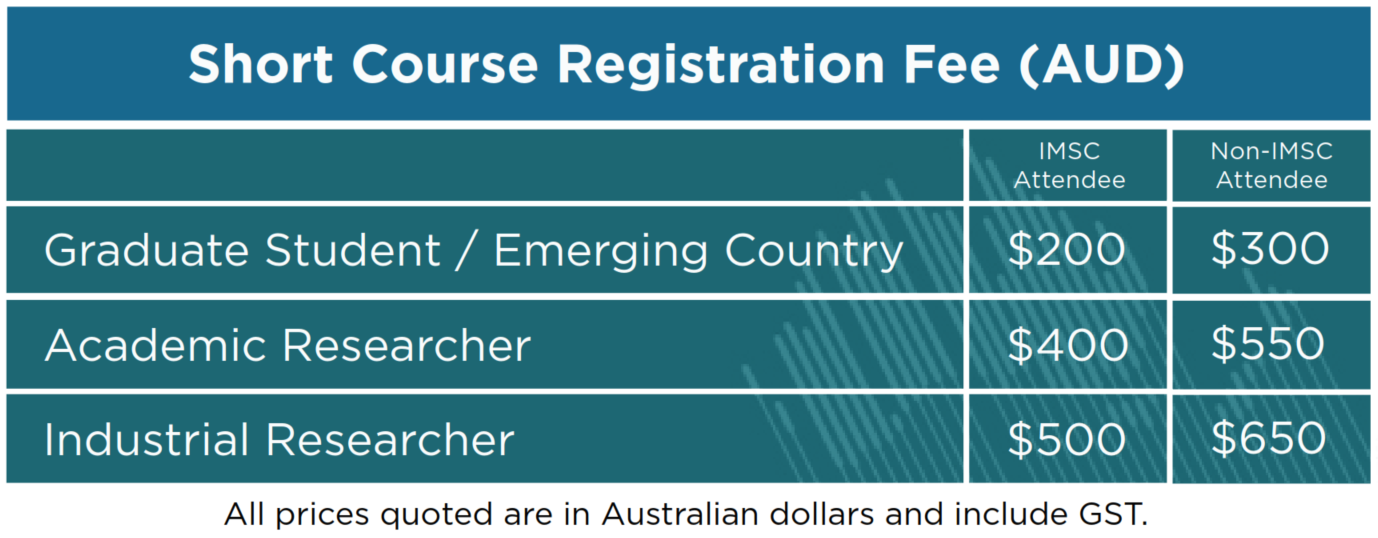
Limited places are available!*
To secure your place Register here
*There is a limited number of persons that can be accommodated for each short course, so register soon to avoid missing out.
LC-MS Practical Method Development and Validation
With the expanding use of Mass Spectrometry (MS) in laboratories not specifically focused in analytical chemistry including pharmaceutical, biochemical, biological, or environmental labs there is a growing need for training in the monitoring or assessment of instrument performance to ensure optimal reproducibility and high data quality. While advancements in MS technologies have made instrumentation more robust than ever before this has not removed the need for basic troubleshooting, instrument maintenance and repair skills, which are critical for limiting downtime and providing cost savings to any laboratory. Within this short course we will introduce a basic framework for how to troubleshoot and identify issues with LC-MS instrumentation, including the following areas: basic “best practices,” system suitability and qualification, tuning, calibration, basic troubleshooting and maintenance. Taking a vendor-neutral approach we will cover basic aspects of chromatographic instrument set up as well as general information on the performance characteristics of ion trap, quadrupole, FT, and TOF mass spectrometry platforms. This course seeks to better equip new MS practitioners for success in their use of the technology.
Tandem mass spectrometry techniques
An increasing array of approaches are available for undertaking Tandem Mass Spectrometry (MS/MS) on both modified as well as commercially available MS instrumentation. Within this course the basic concepts, operating requirements and performance characteristics of tandem mass spectrometry approaches will be covered. Focusing on the application of these approaches for biomolecules (including metabolites, lipids, peptides, proteins, as well as oligonucleotides) this course is designed for both novice and intermediate MS users with basic working knowledge of mass spectrometry instrumentation, who are interested in the fundamental, instrumental, and practical aspects of tandem mass spectrometry. Across this course, aspects of ion activation and dissociation chemistry, instrument modification considerations, and the different behaviour of collision-induced dissociation (CID), surface-induced dissociation (SID), electron-activated dissociation (ExD), photodissociation, ion-ion and ion-molecule techniques, will be discussed.
Ion mobility-mass spectrometry
Ion mobility spectrometry (IMS) is complementary to mass spectrometry, as it provides a separation that reflects the ion structure (not only its mass). With the expanding availability of different commercial ion mobility instruments this tutorial seeks to introduce intermediate and novice MS users with working knowledge of chemistry and mass spectrometry instrumentation on the fundamental aspects of IMS, the instrumental combinations of different types of IMS technologies with MS (i.e., IM-MS), as well as the strengths and interpretation of IMS data. Special focus will be placed on the use of IM-MS for structural assignments in various biological and chemical analysis applications, from small molecules to large biological complexes with critical resources including databases and prediction tools discussed. Using hands-on data processing examples this course seeks to equip users with the tools to leverage IMS to improve their MS analysis.
Proteomics and Post-Translational Modifications
Over the past two decades, mass spectrometry has become the key technology for the characterization of proteins. This course is designed as an introduction to novice and intermediate MS users on the use of mass spectrometry-based methods for the identification, characterization, and quantification of peptides and Post-Translational Modifications (PTMs). In this tutorial an overview of the mass analyzers and acquisition types utilised across proteomic studies for the analysis of proteomics and PTMs will be discussed. Real-world examples will be used to illustrate protein sample preparation strategies, characterization of PTM, identification of proteins using database searching and quantitative approaches for proteomic/PTM analysis focusing on the use of accessible and widely available proteomic tools for interpretation of datasets. Problem sets will be used to emphasize practical aspects of comprehensive protein characterization, including assessing protein identification assignment quality and strategies to improve confidence in potentially biologically relevant protein or PTM alterations.
Murdoch Children’s Research Institute
Rosalind Franklin Institute University of Oxford
Lipidomics
Lipidomics is the large-scale study of lipid species and the quantitative assessment of lipid levels across biological systems. Designed for mass spectrometrists at an intermediate or novice MS level with basic chemistry and a working knowledge of mass spectrometry instrumentation this course will provide an introduction to current workflows in lipidomics. Focusing on the experimental design stage to data dissemination, this course will provide the necessary information and resources to adequately design, perform, and analyze data from lipidomics experiments. Covering topics including sample preparation strategies for lipidomics experiments (pre-analytical considerations, use/choice of internal standard, lipid extraction, sample derivatization), LC-MS and direct infusion lipidomics approaches, the advantages of untargeted or targeted lipidomics as well as basics of data handling for lipidomics data sets (quantitation, software tools, structural resolution/annotation, QA/QC, and reporting of data) this course seeks to equip users with the knowledge to tailor their lipidomic experiments to the analysis of different lipids and measurement requirements.
Imaging mass spectrometry
This two-day course aims to introduce users to the basic concepts associated with running an Imaging Mass Spectrometry experiment, including an introduction to the different types of instrumentation, instrumental parameters, sample preparation for biological material and other surfaces including matrix application in the case of MALDI, imaging acquisition data analysis, imaging processing and quantitative aspects. This course will be presented at the beginner to intermediate level, and will be appropriate for mass spectrometrists looking to apply this technology to different kinds of samples, but is also suited for e.g. clinicians/pathologists or material scientists looking to learn more about Imaging Mass Spectrometry. The focus will be on molecular analysis, but other mass spectrometry sources and concepts will be touched as well (e.g. elemental imaging by laser ablation inductively-coupled plasma mass spectrometry).
Glycomics
This short course seeks to introduce key concepts in based glycomics and glycoproteomics. Designed for mass spectrometrists at an intermediate or novice MS level with working knowledge of chemistry and mass spectrometry instrumentation this course will introduce current workflows in glycomics / glycoproteomics. The course will provide a historical overview on glycan analysis as well as introduce the Symbol Nomenclature for Glycans (SNFG) framework. Within this tutorial topics associated with the design of glycomic/glycoproteomic experiments including sample preparation strategies (enrichment of glycans/glycopeptides, the release of glycans, enzymatic approaches to assign glycan linkages), data collection techniques as well as considerations of using specific MS instrumentation (QTOF/Orbi/ion traps as well as CID vs ETD), glycan/glycopeptide identification strategies (MS/MS, database matching, levels of identification certainty) as well as basics of data handling for these data sets (quantitation, software tools and reporting of data) will be covered. At the conclusion of this course users will be equipped with the knowledge to assess the assignment of a glycan/glycopeptide and identify the key parameters which enable confidence in the assignment.
Computational and Statistical Proteomic Analysis
The growth of biological MS deepens the need to understand computation and statistics; these skills are essential for the interpretation of proteomic studies. Designed for mass spectrometrists at an intermediate level, this course incorporates real-world use cases for the computational tools used to identify and quantify proteins/peptides. This tutorial will emphasize the design of well-powered studies, the conceptional frameworks associated with the identification of peptides and PTMs, and the detection and quantitation of biological differences. Participants will be introduced to methods for visualising and interpreting datasets, including statistical techniques using common bioinformatics tools such as the R statistical environment. At the conclusion of this course participants should have a working understanding of the key considerations associated with computational analysis of proteomic datasets.
US National Cancer Institute
University of California San Francisco (UCSF)

